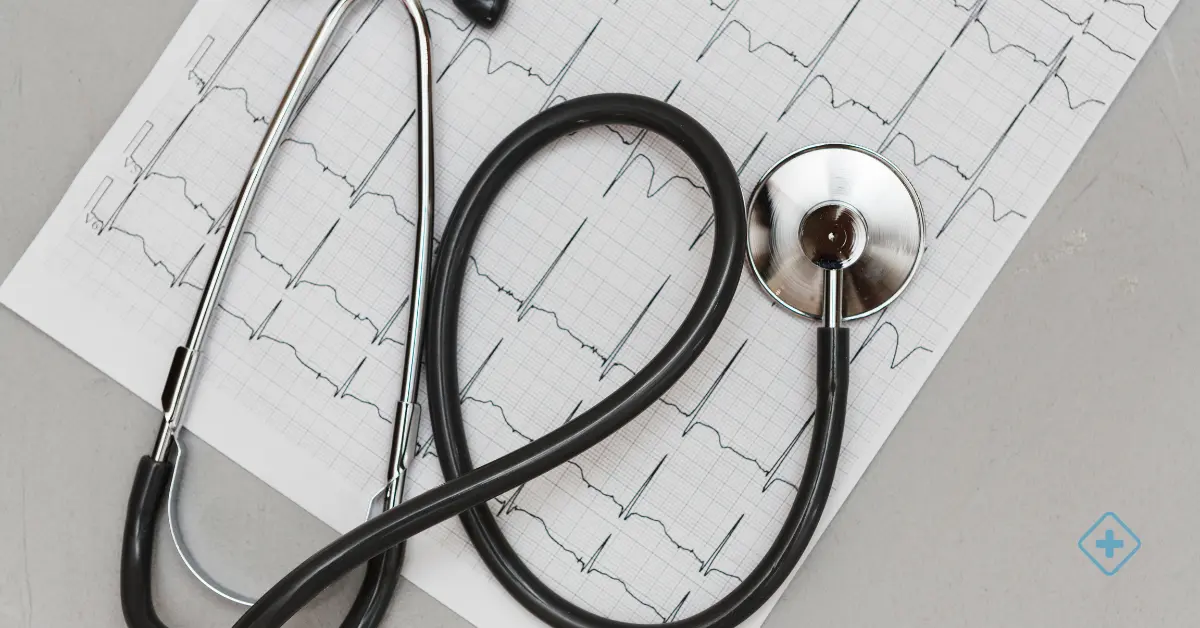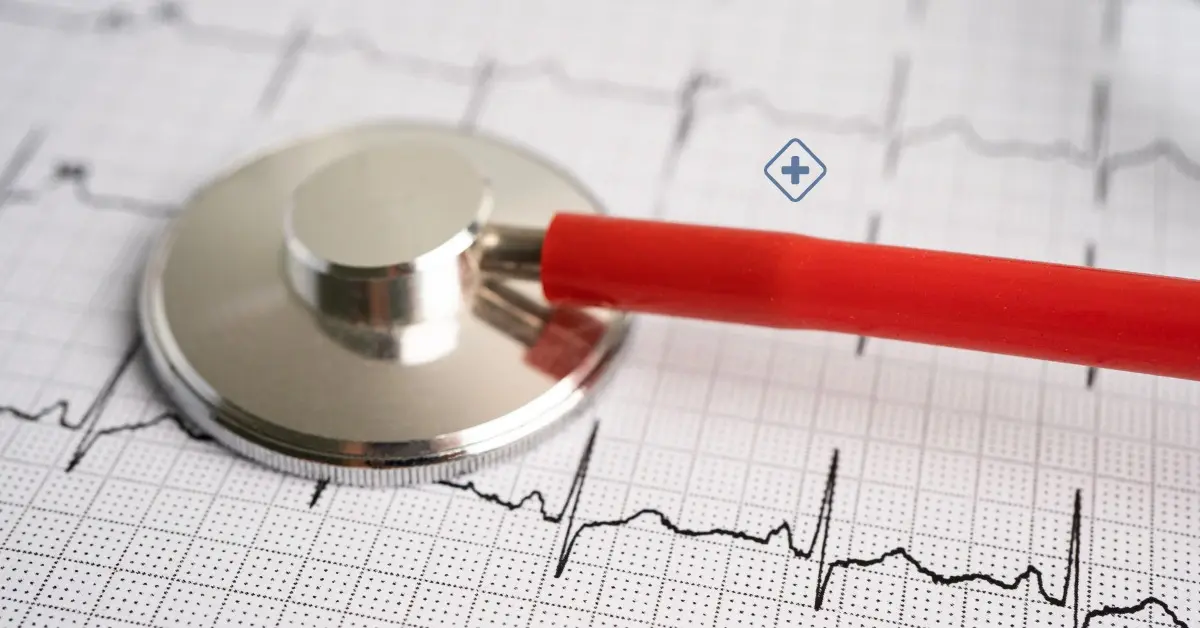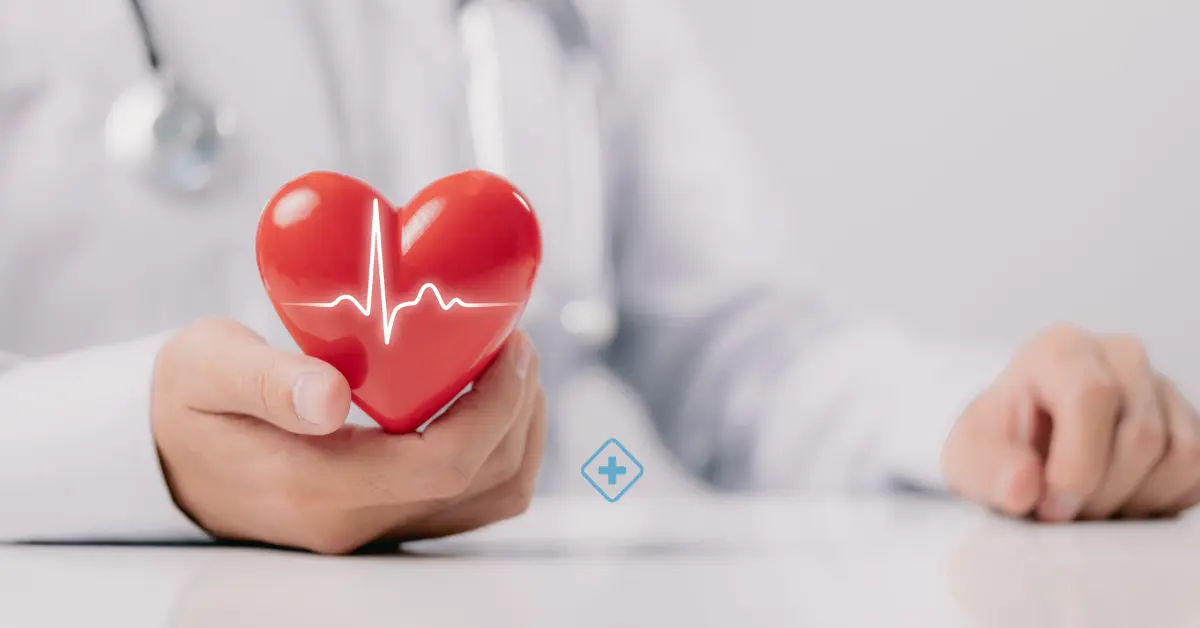
Bradycardia
Bradycardia is a condition where the heart beats slower than usual.

Bradycardia is a condition where the heart beats slower than usual. Most adults have a normal resting heart rate between 60 and 100 beats per minute. However, with bradycardia, heart rates fall below these levels.
In some instances, bradycardia may be a harmless variant. Still, it can also suggest issues with the heart’s electrical system, potentially impairing its ability to pump blood efficiently throughout the body.
Causes of Bradycardia
Bradycardia can stem from various factors, notably:
-
Aging-related heart tissue damage.
-
Heart tissue damage due to previous heart disease or a heart attack.
-
Congenital heart anomalies.
-
Myocarditis is an inflammation of the heart tissue.
-
Complications following cardiac surgery.
-
Underactive thyroid gland (hypothyroidism).
-
Imbalances in blood chemical levels, such as potassium or calcium.
-
Frequent interruptions in breathing during sleep (obstructive sleep apnea).
-
Inflammatory conditions, such as rheumatic fever or lupus.
-
Certain medications, including sedatives, opioids, and drugs for arrhythmias, high blood pressure, and some mental disorders.
Understanding bradycardia involves knowing how a normal heart functions. The human heart has four chambers: two atria and two ventricles. The right atrium's sinus node is the heart's natural pacemaker, initiating each heartbeat.
Bradycardia occurs when these signals slow down or get blocked, starting at the sinus node, which can cause alternating slow and fast heart rhythms (bradycardia-tachycardia syndrome).
Moreover, bradycardia can result from a block in the electrical signal transmission from the atria to the ventricles, known as atrioventricular block, categorized into three types:
-
First degree, where signals reach the ventricles but with a delay.
-
Second degree, where some signals fail to transmit, causing an irregular heartbeat.
-
Third degree (complete), where no signals from the atria reach the ventricles, causing them to beat independently and slowly.
Symptoms of Bradycardia
Symptoms of bradycardia can vary, but the most common include:
-
Dizziness or disorientation.
-
Breathing difficulties and exercise intolerance.
-
Excessive tiredness or fatigue.
-
Chest pain or sensations of strong, pounding heartbeats.
-
Confusion or concentration difficulties.
-
Fainting due to a drop in blood pressure caused by bradycardia.
Diagnosing Bradycardia
Diagnosing bradycardia typically involves a physical examination, a patient’s medical history review, and an electrocardiogram (ECG). Additional tests, such as ambulatory heart rhythm monitoring, might be required to detect intermittent bradycardia episodes.
Treatment of Bradycardia
Treatment depends on the underlying cause and symptom presence.
-
If deterioration of the heart's electrical system results in bradycardia, pacemaker implantation might be considered. This device, placed internally, helps regulate the slow heart rhythm by correcting irregular electrical signals.
-
If an underlying medical condition like hypothyroidism or an electrolyte imbalance is causing bradycardia, addressing that specific issue could improve or resolve the condition.
-
If certain medications reduce the heart rate, the doctor might adjust the dosage or prescribe an alternative to counteract the bradycardia.
Prevention of Bradycardia
Adopting a healthy lifestyle that includes a balanced diet, regular physical activity, maintaining a proper weight, and avoiding tobacco or excessive alcohol can improve cardiovascular health and reduce the risk of bradycardia.
At BlueNetHospitals, you can schedule a medical appointment with highly skilled and experienced Cardiologists at the Heart Center Los Cabos. We are ready to provide the care and support you need.
BlueNetHospitals
BlueNet Hospitals Blue Net Hospitals

Cardiac Ablation
Cardiac ablation is recommended when treatments are no longer effective or are not well tolerated to treat arrhythmias
Extrasystoles
Ventricular extrasystoles may not present symptoms; in other cases, they may cause unpleasant or alarming sensations.
Heart Murmurs
A heart murmur is an unusual sound that is heard when blood flows through the heart.
Cardiac Catheterization
Cardiac catheterization is an invasive procedure used to assess the heart and blood vessels by inserting a catheter into them.
- Do You Need an Appointment with a Specialist?
- call us
- write us
- let's talk





